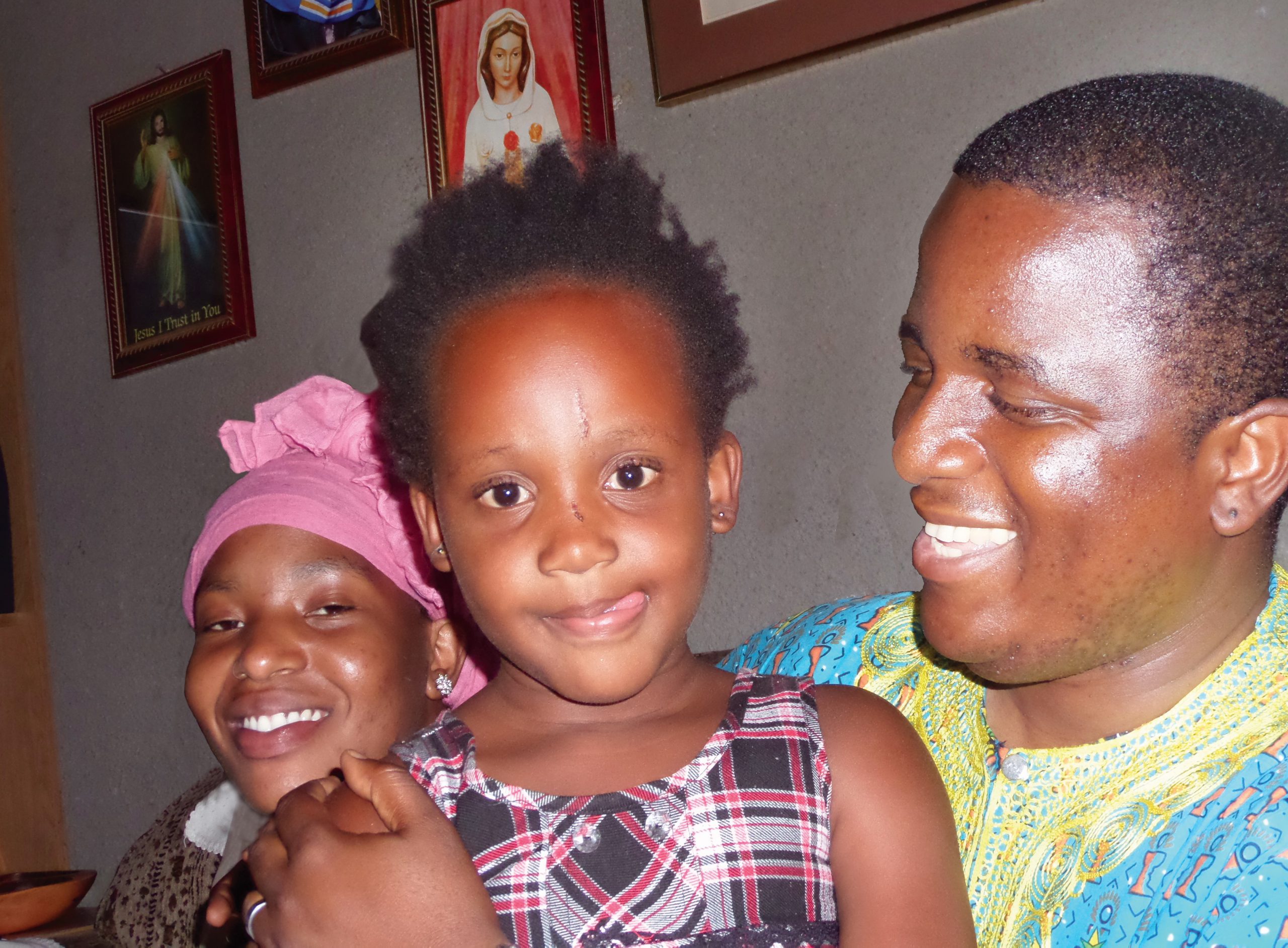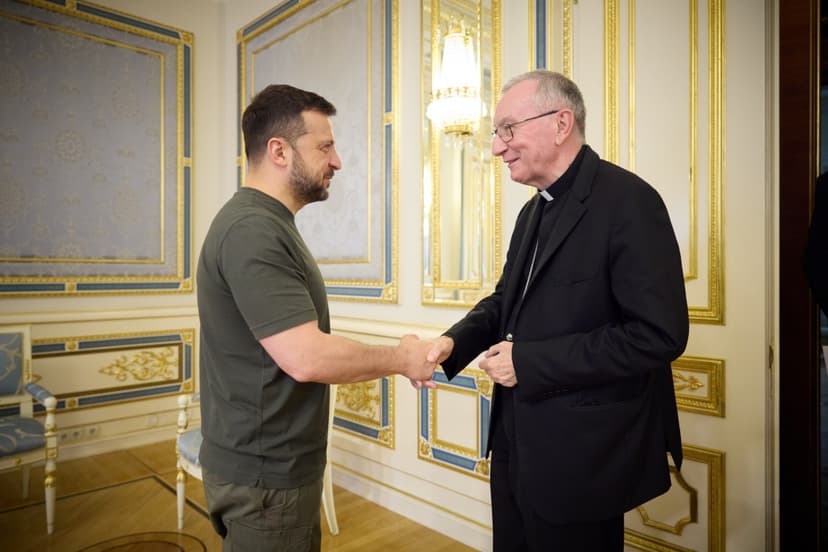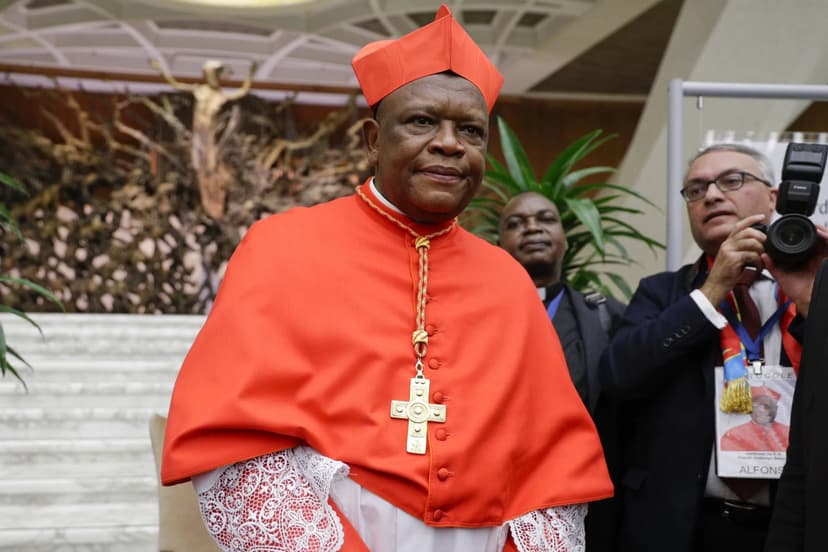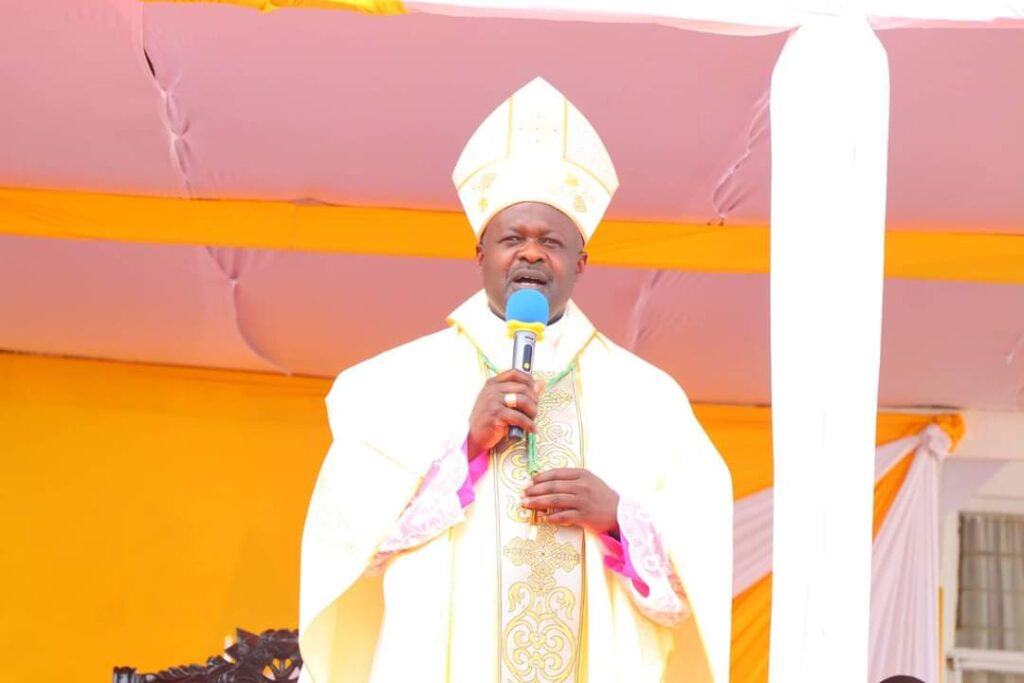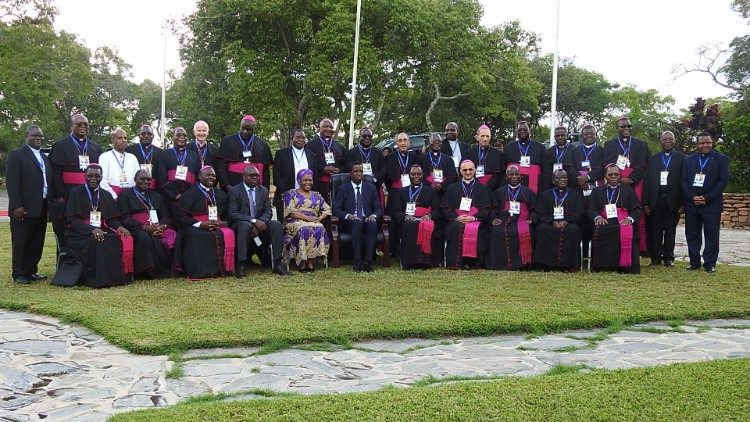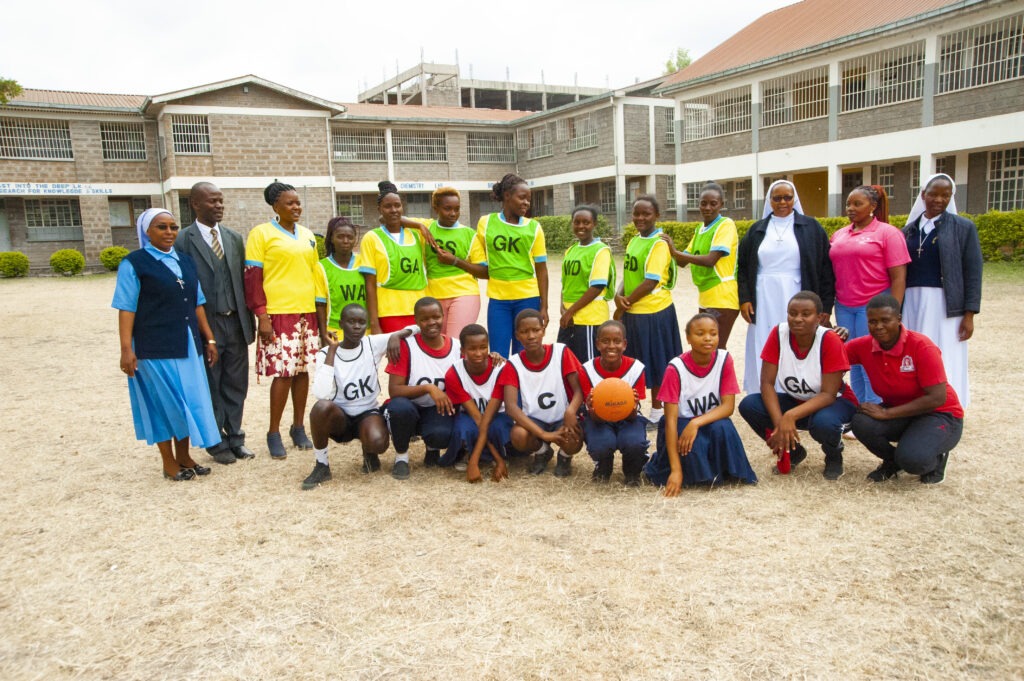Let us get out to the edges of normality and dare the dizziness of novelty. Then, and only then, wings will grow on our back.
By Stefano Giudici, Mccj
Is it over? Can we go back to normal life? These are probably the most asked questions in Kenya and in Africa nowadays. Maybe in the world.
We know. We feel it. Something is wrong, not as usual. No matter whether we can still move around during the day, although with some significant restrictions. But business is suffering. And also schools, places of worship, our own lives…
When shall we go back to normality? To this question, immediately some answer back: “What is normality?” Are we sure we want to go back to where we were? Were we happy and satisfied with what was going on just four, five months ago?
Personally, I would answer: “No!” Although I am aware that I belong to a privileged class of people who have not been directly affected neither by the pandemic of the virus nor by its economic repercussions.
There has been a lot of thinking and discussing in communities, both physical and virtual. The pandemic and our experience of it have changed many things, many perceptions, the very concept of normality.
 Have we learned something? Can we – or should we – imagine a different future changing the normality of our lives and society, which for too long has crushed many and uplifted few, discriminated masses and empowered elites? In particular, how should our faith communities explore the future and engage with it in order to stay relevant? It is important to keep the discussion going, in all environments, while avoiding any attempt to dismiss it or reduce it in any way.
Have we learned something? Can we – or should we – imagine a different future changing the normality of our lives and society, which for too long has crushed many and uplifted few, discriminated masses and empowered elites? In particular, how should our faith communities explore the future and engage with it in order to stay relevant? It is important to keep the discussion going, in all environments, while avoiding any attempt to dismiss it or reduce it in any way.
The real social distance – What has happened has been perceived very differently, depending on where we are and who we are. The pandemic has revealed (if it were at all necessary) the profound social gap existing in our society. The Church must re-commit herself to bridge this gap and annul this social distancing. And this can be done only by restarting from the victims, their stories, their needs. All this must be the starting point.
The voice of science – In some occasions, and definitely in some religious circles, the statements of scientists and scholars have been questioned by faith leaders or simple believers, who were invoking either special knowledge from above or total freedom and autonomy from State and science. The Church has to rediscover and deepen the relation between faith and science, today more than ever so crucial for human and non-human life.
Connected lives – I hope that we have become more aware that ‘my being safe’ is deeply linked to ‘your being safe’ (for example, by using the protective masks). My life is connected to yours and yours to mine. The Church must become a credible believer and loud proclaimer of this profound connection of all lives. Moreover, it has to become a safer place, where everybody feels safe, not only from invisible viruses, but also from any form of subtle discrimination.
Eucharist of the streets – We have been asked to suspend community celebrations of the sacraments, above all the celebration of the Eucharist. It is painful. But we have rediscovered solidarity and compassion in so many ways. The Church must rediscover the ‘Eucharist of the street’, the works of solidarity and compassion towards the most affected by the pandemic of the virus and the pandemic of selfishness and indifference.
Very few things in Jesus’ life happened in the temple. Most of the time he was on the street, encountering the outcast, healing the cripple, teaching the crowds, challenging the establishment, bringing hope, being a breath of fresh air. Should not the Church of Christ be where Christ is – down the streets?

